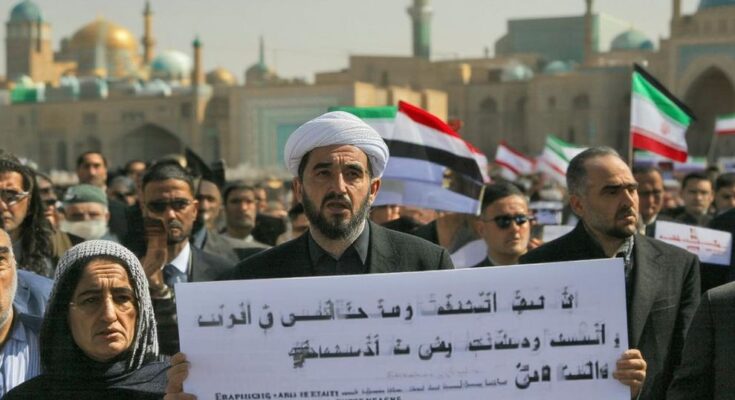The article evaluates U.S. efforts to advocate for human rights in Iran amid historical abuses and international complexities. It highlights challenges in addressing Iran’s poor record, critiques of American hypocrisy, and the necessity for coalition building. The narrative emphasizes that while immediate changes may be unrealistic, continuous support for local movements could lay groundwork for future improvements.
In their pursuit to address human rights issues in Iran, the U.S. faces a multifaceted challenge requiring a strategic approach. While the memory of Mahsa Amini resonates, marking the poignant ‘Women, Life, Freedom’ movement, the Iranian government’s flagrant abuses overshadow any semblance of progress. Historically entrenched in oppression, Iran continues to resist international norms, further complicating U.S. efforts to advocate for human rights. Critics often engage in ‘whataboutism’ to deflect attention from Iran’s record by pointing to U.S. shortcomings. In 2022, Iran released a lengthy report decrying U.S. human rights practices, earning some sympathy from neighboring regions that share skepticism about American intentions. However, the presence of U.N. special rapporteurs highlights Iran’s problematic human rights stature, muddling this critique. Calls for U.S. actions grow, particularly from the global Iranian diaspora eager for tangible support. Yet, the effectiveness of American policies remains questionable when confronted with the realities of historical actions, such as the Iraq invasion. It’s vital to examine what the U.S. realistically can do to address these complex issues rather than what it should do hypothetically. A significant hurdle for the U.S. is its own perceived inconsistency regarding human rights in the Middle East, especially relating to its support for Israel. Many in the region view U.S. critiques as hypocritical, particularly in light of the devastation in Gaza. Strength of advocacy is often undermined when Americans wield power that appears disproportionate and strategically motivated, further eroding credibility. International support remains crucial, yet rallying this coalition poses challenges due to varied global interests. While some European allies align on Iranian abuses, key UN Security Council members like Russia and China resist cooperation, complicating concerted efforts for accountability. The UN Human Rights Council’s makeup contains only a scattering of countries vehemently supporting this cause.
The article explores the delicate relationship between the U.S. and Iran, specifically in the context of human rights. With the backdrop of Mahsa Amini’s tragic death and the ensuing protest movements, the narrative sheds light on Iran’s longstanding deficiencies regarding human rights practices, exacerbated by an unwillingness from influential global players to challenge these violations. Amid a complex tapestry of international relations and domestic issues, the U.S. must navigate these treacherous waters thoughtfully.
In conclusion, the U.S. remains constrained in its ability to effect significant change regarding human rights in Iran due to historical skepticism and international dynamics. Despite the challenges of perceived hypocrisy, building coalitions and maintaining pressure through sanctions remains vital. Ultimately, while hopes for immediate transformation linger, the focus on supporting internal advocacy will strategically engrave a path toward eventual reform in human rights issues in Iran.
Original Source: mei.edu



